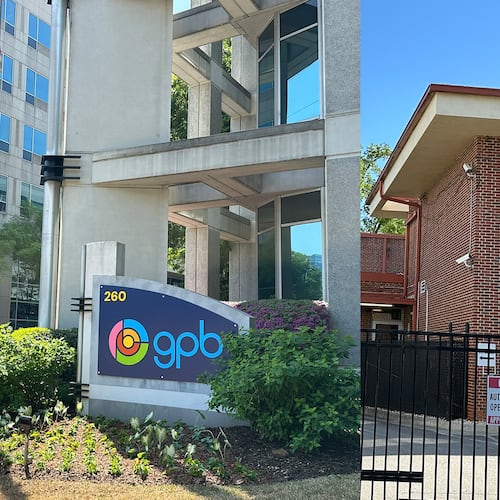BlueLinx Holdings, an Atlanta building supply company, will pay a fine for trying to discourage departing employees from blowing the whistle on any potential wrongdoing at the firm, according to federal investigators.
This is the first case in which the U.S. Securities and Exchange Commission has challenged a widely-used severance agreement clause in which companies try to block departing employees from collecting awards after telling the federal agency about infractions at their firms, said David Marshall, with Katz, Marshall and Banks, a Washington, D.C. law firm that represents whistleblowers.
“This SEC action not only protects those individuals, but it also advances the interests of shareholders, who need to rely on corporate employees to step forward when they believe their employers are breaking the law and defrauding investors,” Marshall said in an email.
According to the SEC, BlueLinx began requiring their outgoing workers to sign severance agreements in 2013 waiving their rights to any awards they might win under federal whistleblower laws.
The severance agreements didn’t bar former employees from reporting potential violations to the SEC, but required them to forfeit any potential rewards, the agency said.
If they didn't sign, the former employees wouldn't receive severance payments and other benefits, the SEC said. About 160 former employees signed the agreements, according to the SEC's civil order.
Under federal whistleblower programs, someone who alerts the SEC or other federal agencies to violations that result in fines and other monetary penalties can receive a cash reward.
The SEC said Wednesday that this requirement violates federal regulations that block companies from trying to impede whistleblowers from alerting the SEC to possible securities law violations.
“Companies simply cannot undercut a key tenet of our whistleblower program by requiring employees to forego potential whistleblower awards in order to receive their severance payments,” said Jane Norberg, acting chief of SEC’s Office of the Whistleblower.
The SEC is currently investigating Southern Co.'s disclosures regarding its troubled Kemper "clean coal" power plant in Mississippi after a whistleblower alleged mismanagement, fraud and accounting irregularities at the project.
In BlueLinx’ case, the SEC’s civil order does not say the company has been accused of any wrongdoing other than the whistleblower prohibitions in the severance agreements.
BlueLinx didn’t admit or deny that allegation.
“We never intended to prevent whistleblower lawsuits,” said Shyam K. Reddy, general counsel for BlueLinx.
However, it’s easy to see how many employees would think BlueLinx was seeking to squelch any plans to go after a whistleblower award.
In its order, the SEC noted that BlueLinx’s severance agreements acknowledged that employees could file complaints with “the Equal Employment Opportunity Commission, the National Labor Relations Board, the Occupational Safety and Health Administration, the Securities and Exchange Commission or any other administrative agency.”
But in that same paragraph, BlueLinx also required the departing employee to agree that he or she is “waiving the right to any monetary recovery in connection with any such complaint or charge that employee may file with an administrative agency.”
Reddy said the company has since re-tooled language in the severance agreement to make clear that employees are agreeing not to sue the company, not foregoing whistleblower complaints to government agencies.
BlueLinx agreed to pay a $265,000 penalty and to cease using the old language in its agreements. BlueLinx also agreed to alert former employees who signed severance agreements up to five years ago that they will not be penalized for alerting the SEC to possible violations.
Reddy said the company decided to settle with the SEC to avoid the cost of litigation. “It just made better sense to move on,” he said.
About the Author
Keep Reading
The Latest
Featured


